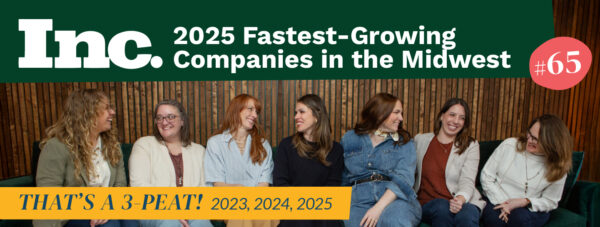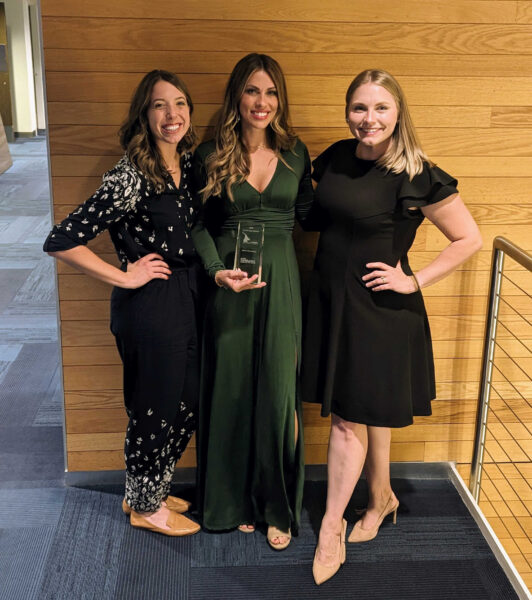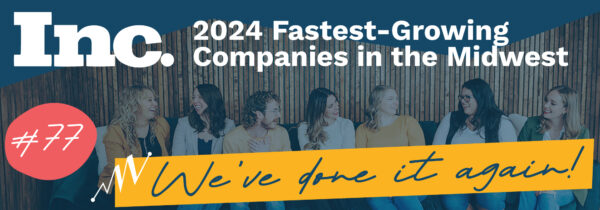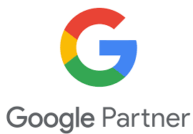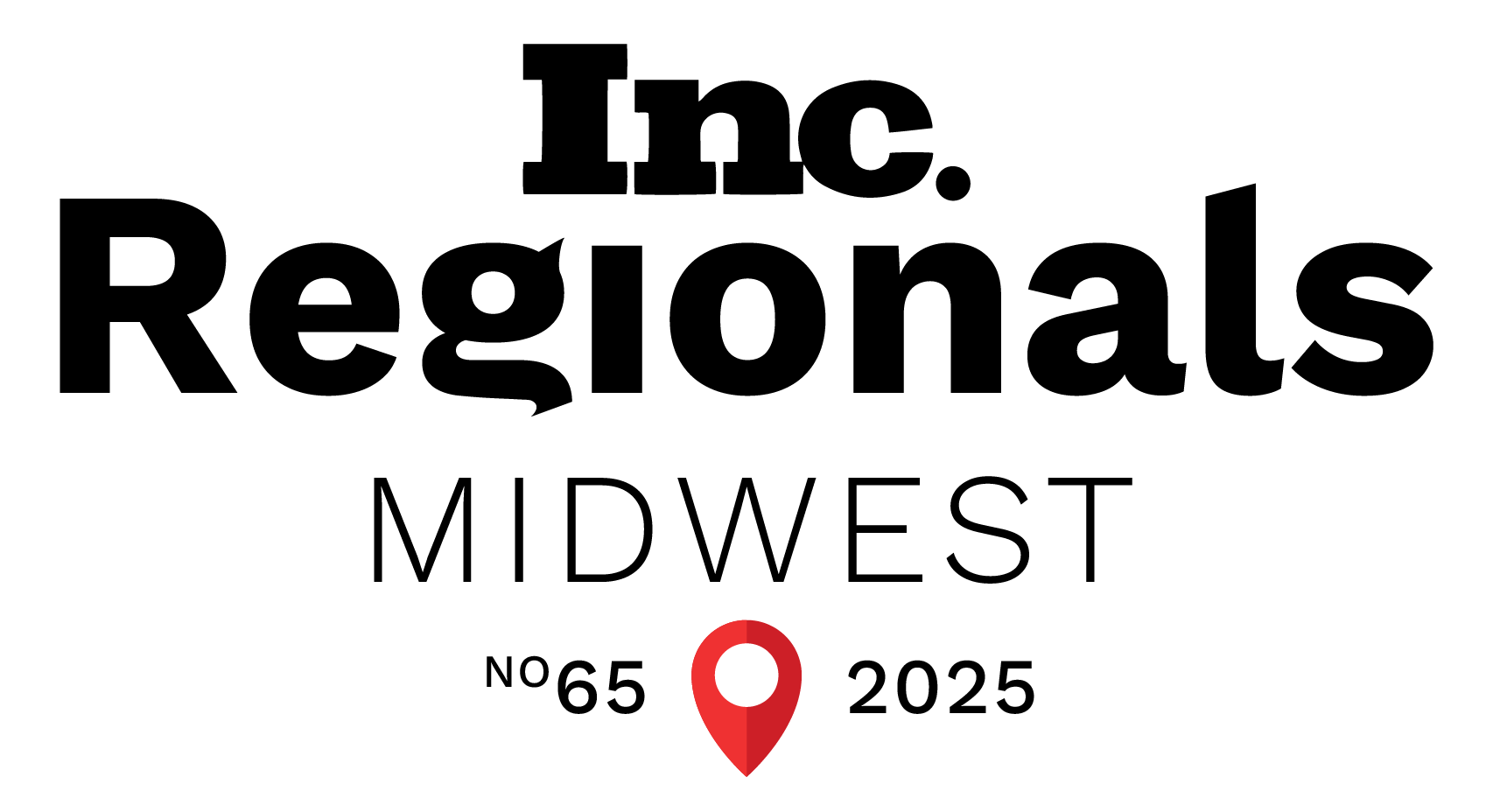Google’s SEO Certification Gives Advice on Keyword Density Percentages

In This Article
Search engine optimization (SEO)—and digital marketing, for that matter—can be fickle disciplines of marketing. The best practices are constantly changing and adapting to prevent anyone from cheating the system.
Some “SEO experts” will convince you that ranking well is about figuring out how to fool the algorithm that Google uses to determine what’s valuable. They identify how to get to the top and then, when the algorithm updates, they fall right to the bottom because they failed to create unique and organic content.
Mastering SEO is about creating a strong foundation of content and routinely updating aspects of that content to ensure it offers the most useful information possible. Google’s goal is to satisfy the searcher, and the search engine isn’t worried about erasing your business as collateral.
So what happens when Google itself takes a stance on how to work around its formula? For one thing, experts in the field don’t like it.
Google Certification in Digital Marketing and E-Commerce
Google has released a variety of career certification courses over the years that are taken by experts and newbies alike. They can be used to learn introductory strategies in a specific industry or to showcase knowledge to employers.
In May of 2022, Google released a free SEO certification centered around “Digital Marketing and E-Commerce”, which included snippets about social media marketing, measuring analytics, and keyword research.
Here at Metric, we consider these some of our specialties, so we were determined to check this course out.
Keyword Density: The Downfall of SEO Google Certification
After the first pass, and supplemented by some SEO community whisperings, it became clear that there were some issues with the search engine optimization portion of the course. While much of the information was up to speed on acceptable practices, there was misinformation about keyword density that seemed to come out of thin air.
“Write Over 300 Words”
One of the claims made by the Google digital marketing class echoed a cliché sentiment of “write more words, and you will earn a higher ranking.” The course claimed that above 300 words is a good industry standard to increase SEO visibility and that higher volumes of quality content lead to more organic traffic.
“Keep Keyword Density Below the Industry Standard”
One of the most common Black Hat SEO practices is keyword stuffing—adding as many valuable search terms to the content as possible to fool the algorithm. As this method is frowned upon in the SEO community, it ultimately leads to worse Google rankings.
The Google Digital Marketing and E-Commerce course said the way to avoid keyword stuffing is to keep keyword density below the industry standard of 2%. According to this course, one out of every 50 words would be the ideal concentration of target keywords on a webpage.
“Be Thoughtful About Keyword Placement”
The final part of the keyword research lesson taught that where you put your keywords matters. Going so far as to say that search terms should only be used once in the page title, a subheading title, the introduction, and the conclusion. This would help prevent Google from flagging you for keyword stuffing.
What We Do Know About Keyword Density
While the claims made by the Google SEO course were not necessarily baseless, they were all off-base in the sense that they tried to enforce an industry standard. Throughout this article, we’ve been drawing attention to that phrase for one reason:
It’s useless.
There is no such thing as an SEO industry standard. While there are strategies that may never go out of style—content optimization, keyword research, page speed improvements, etc.—there is no specific way to achieve them. There are certainly no absolute numeric values attached to these metrics either. The only true mistake this course made was being too specific.
Here’s what we actually know about keyword density.
Word Count: Quality Over Quantity
Word count is less important than substance. Less than 15 years ago, the consensus was that 250 words was the optimal blog word count. Over time, that number has only seemed to increase. Digital marketing giants like HubSpot and Moz are now claiming an article should be anywhere between 1,000 and 2,000 words. However, you can still find pages in the number one position that have less than 300 words. You can also find pages with 10x times the recommended amount.
What appears to be more important than the number of words you cram into a blog is the total amount of unique and organic content you provide. Google is smart enough to rank sites that are credible and offer good information to users. Depending on what someone is searching for, where they are searching from, and how they search for it, the ideal number of keywords can be completely different.
Here are some of the factors Google may consider when crawling your article.
There Is No Industry Standard
Keyword density doesn’t come down to a numbers game. Google tries to read your content as a normal person would. As long as the information makes sense and is structured well, Google will value your content higher. Don’t worry as much about keyword percentage as you do about including the most relevant information.
The number of keywords usually accepted in an article can also depend on its field of study. A scientific blog may be more term-heavy than a “top 10” article about making coffee. Look at what’s already ranking to get the best idea of what content works, then try to improve upon it.
Keyword Stuffing IS Bad
While the course mentioned keyword placement and frequency, there was definitely some information missing. SEO experts agree that keyword repetition is not as beneficial as having a little variation.
Including related long-tail keywords will help to draw more attention from Google than using the same word twice. For example, instead of using the term “Indiana attorney” over and over, an article should have “Indiana attorney,” “Indiana lawyer,” “attorneys in Indiana,” so on and so forth.
This practice covers a wider range of search terms and prevents your content from sounding unnatural. If your writing is cohesive, it won’t hurt you to use the same keyword a few times, but it won’t add much value to your page beyond the first mention. One piece of advice is to employ the help of an expert in whatever field you are writing about. That way the content will be filled with relevant vocabulary and include valuable information.
Digital Marketing and SEO Are Constantly Evolving
The main problem with the Google Certification SEO course was that it attempted to give specific solutions. The points were not inherently wrong; higher word counts can lead to more useful content, too many keywords can make your writing sound inorganic, and varying the location of keywords can help Google assess what your page is about.
It was all the mentions of an industry standard that really caused an issue. The fields of digital marketing and SEO perpetually evolve to match best practices. As new technologies arise, new methods are created to address them. Even if the information on the course had been accurate, it probably wouldn’t hold up a few years, or months, from when it was released.
Google Certification FAQ
Why did Google include this information?
Google has countless employees all over the globe. Some of them are tasked with developing the search engine’s algorithm and ranking tactics; others are in charge of designing online courses. In short, the people who made the course were not the people who best understood SEO.
A liaison from the Google Search team named Danny Sullivan even went so far as to say marketers should not pay attention to the course information. He stated that there are no recommended limits or density when it comes to the search engine.
So what if Google gave bad advice?
You might be thinking Google messed up, now what? Google is a massive company that has become intertwined with our daily lives. It’s not like people are going to stop using the program due to this mistake.
However…
It does appear that the digital marketing community will be scrutinizing any attempts at a certification course more closely. This is a testament to how quickly SEO myths can spread. Although the keyword research portion of the course with this information has since been removed, there were still individuals who took that class and left with inadequate knowledge.
Is there a good SEO certification course I can take?
The cry that reverberated around SEO blogs was, “If Google doesn’t post accurate information, where can I go?” It depends what you’re looking for.
If you are trying to learn SEO and digital marketing tactics, there are plenty of courses out there—both paid and free—that can help you learn valuable skills. You can also continue to browse the Metric blog for useful tidbits. If you are seeking a certificate to prove your expertise, you may want to check out HubSpot certification courses.
If you are trying to learn skills to amp up your website to increase visibility and conversions, your best bet is to simply speak with a marketing agency or SEO professional.
Tap Into Metric Marketing’s Abundant SEO Knowledge
Learning and keeping up with best practices in digital marketing is no small task. Trying to do so while running a company can take up valuable time which could be spent acquiring clients or improving a business plan. Employing the help of a full-service marketing agency can save you time and drastically increase your Return on Investment (ROI).
Metric Marketing is here for exactly that reason. We use a holistic approach that takes all aspects of marketing into account. We provide website development, graphic design, social media marketing, email strategies, search engine optimization, and organic content plans to help you achieve your visibility goals.
Our experts understand the SEO landscape and can customize a plan for you and your business. Connect with us if you have any questions.
Must-read articles
Looking for something else?
There's so much more
Ready to Inquire?
